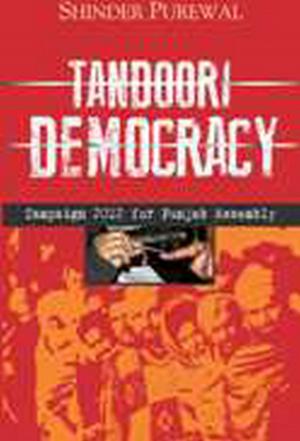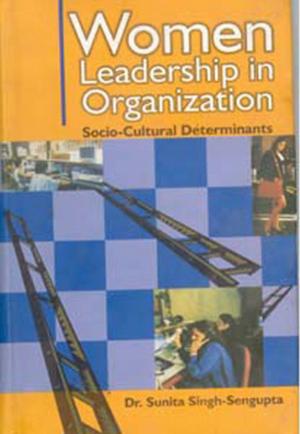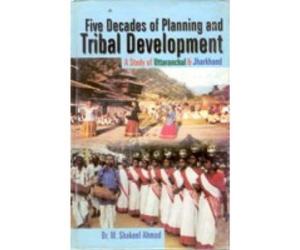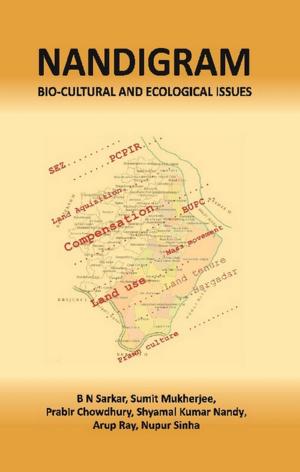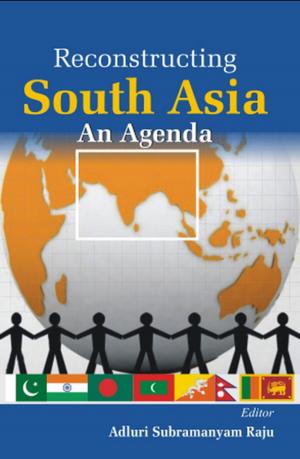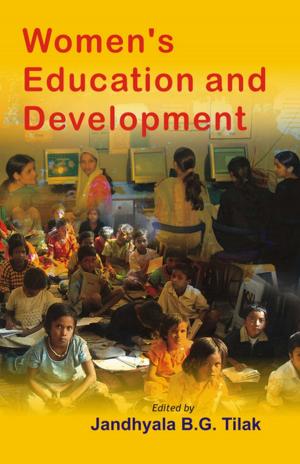Women in the Ramkathas
Silent Voices and Untold Stories
Nonfiction, Religion & Spirituality, Eastern Religions, Hinduism, Social & Cultural Studies, Social Science, Gender Studies, Women&| Author: | Atreyi Biswas | ISBN: | 9788121253819 |
| Publisher: | Gyan Publishing House | Publication: | June 30, 2016 |
| Imprint: | Gyan Publishing House | Language: | English |
| Author: | Atreyi Biswas |
| ISBN: | 9788121253819 |
| Publisher: | Gyan Publishing House |
| Publication: | June 30, 2016 |
| Imprint: | Gyan Publishing House |
| Language: | English |
Women in the Ramakathas attempts to focus on the unfavourable conditions of women in the various renderings of the Rama legends, originating from Valmiki Ramayana. Through 2000 years of Indian literary tradition and folklore, these have been moulded and reshaped, according to the beliefs and understanding of later composers. The basic concept of the role of women remains, however, more-or-less unaltered. Atreyi Biswas evaluates the status of women in the Ramakatha traditions through a historical perspective. No sacrilege or dishonour is intended in criticizing the main character Rama; the focus is exclusively on its socio-historical context, completely leaving aside religious sentiments as commonly reflected in popular literary texts. Biswas analyses the mythological stories relating to Sita's birth, including some of the Ramakathas composed outside the Brahminical-dominant Northern India, consider her to be a child of Ravana; the role of women in marriages; their subjugation, and their ‘work' in society; and the exploitation of women as ‘workers'.
Women in the Ramakathas attempts to focus on the unfavourable conditions of women in the various renderings of the Rama legends, originating from Valmiki Ramayana. Through 2000 years of Indian literary tradition and folklore, these have been moulded and reshaped, according to the beliefs and understanding of later composers. The basic concept of the role of women remains, however, more-or-less unaltered. Atreyi Biswas evaluates the status of women in the Ramakatha traditions through a historical perspective. No sacrilege or dishonour is intended in criticizing the main character Rama; the focus is exclusively on its socio-historical context, completely leaving aside religious sentiments as commonly reflected in popular literary texts. Biswas analyses the mythological stories relating to Sita's birth, including some of the Ramakathas composed outside the Brahminical-dominant Northern India, consider her to be a child of Ravana; the role of women in marriages; their subjugation, and their ‘work' in society; and the exploitation of women as ‘workers'.



